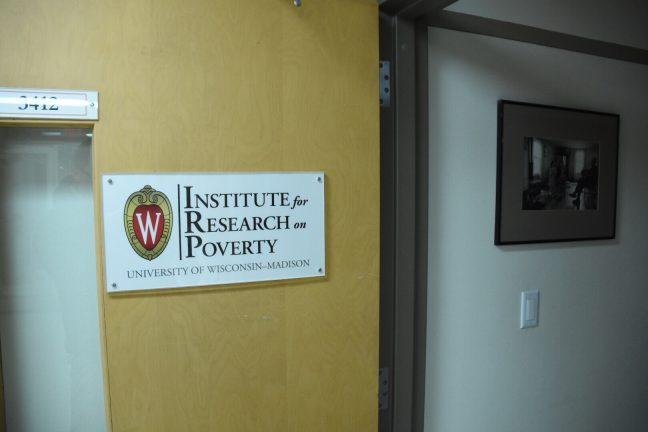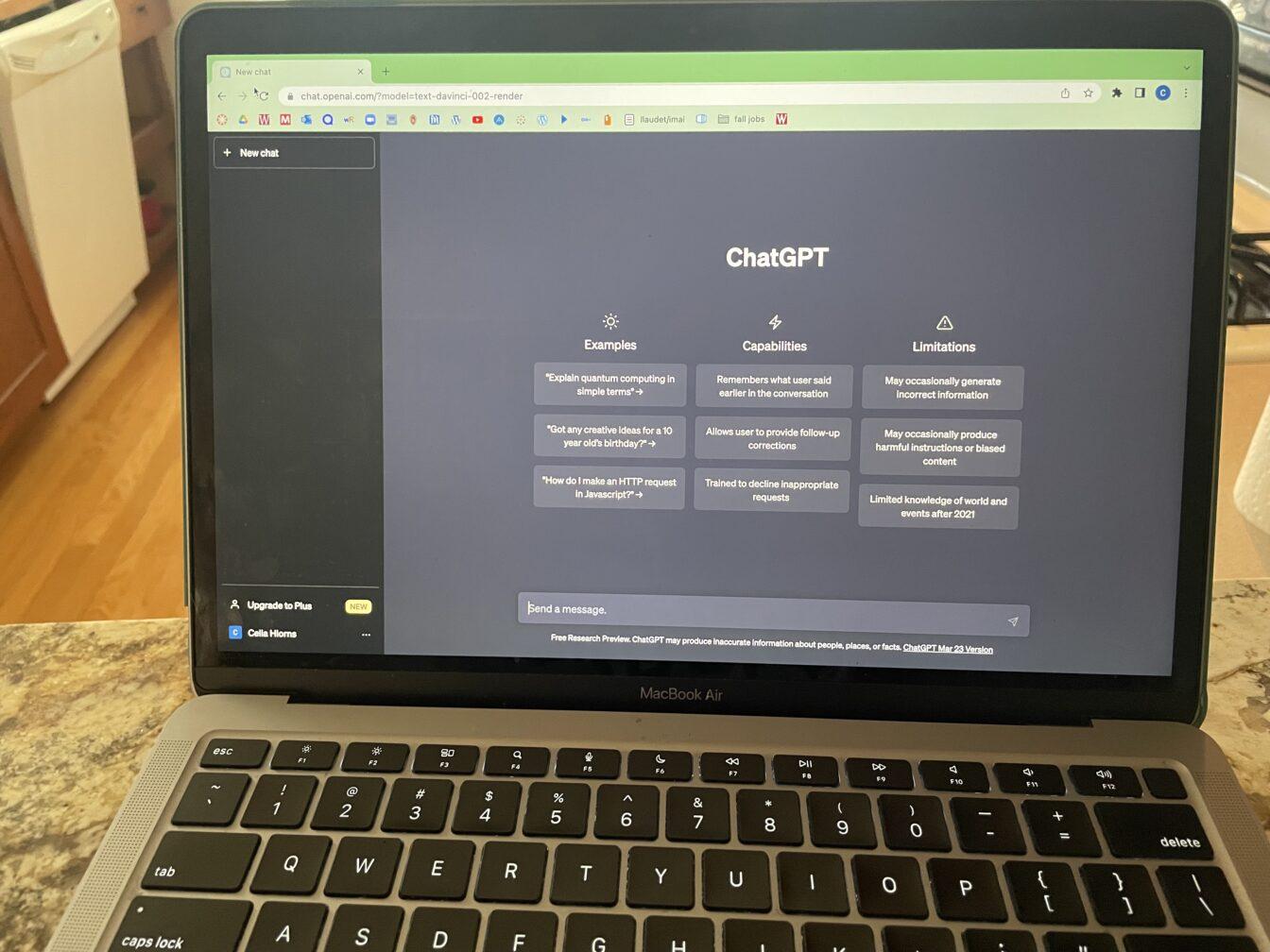Beginning this September, 155 Madison families received their first monthly stipend of $500 as a part of the city’s new Madison Forward Fund.
The fund, which aims to provide an added measure of financial security for low-income households in Madison, is a privately-funded program that will last for 12 months, according to the city of Madison. Eligible participating families have a child under the age of 18 and have a combined household income less than two times the Federal Poverty Threshold.
While other forms of economic safety nets exist, such as public housing and affordable healthcare, the Forward Fund gives money directly to families. The $500 per month payment comes with no strings attached. Essentially, participating families can spend the money however they choose.
Mayor Satya Rhodes-Conway is a member of Mayors for Guaranteed Income — a national group of mayors committed to guaranteed income policies. The Madison Forward Fund comes at a time when similar basic income programs are being implemented across the country. In a press release, Mayor Rhodes-Conway said that the program will help families out during “turbulent times.”
Wisconsin’s Holocaust education mandate needs more standardization
If there ever is an opportune time for a basic income policy, this is it. The pandemic recovery paired with soaring inflation and the city’s affordable housing crisis have each contributed to increasingly unlivable economic conditions within Madison. With over 16% of city residents living below the poverty line, the Madison Forward Fund is a sorely-needed policy that will help low-income families meet their basic needs.
Universal basic income-like programs are relatively new and economic researchers still lack the data to make definitive claims on the effectiveness of poverty-alleviation of these programs. But, research conclusions from current and past UBI-like programs are overwhelmingly positive. Stanford’s Basic Income Lab said that programs akin to the Madison Forward Fund have helped the long and short-term impacts of poverty.
A poster-child for advocates of guaranteed or basic income programs, Stockton, California, launched a similar initiative called the Stockton Economic Empowerment Demonstration. The project began in 2019 and spanned two years. Results confirmed data from previous programs. Full-time employment among participants increased by 12% and according to Stockton’s former mayor, Michael Tubbs, less than 1% of the stipend payments were spent on alcohol or tobacco.
Temporary work visas fail to address fundamental immigration issues
The Forward Fund, like SEED and other guaranteed income programs across the country are made in large part financially viable with the backing of private donors. Madison’s Forward Fund received a large donation from former Twitter CEO Jack Dorsey along with donations from other private groups. The fund’s pilot program is only set to last a calendar year, corresponding with the depletion of the program’s private funding. No plans have yet been made public to expand or extend the Forward Fund beyond its inaugural year.
The University of Wisconsin’s Institute for Research on Poverty is collaborating with the University of Pennsylvania to research the impacts of the Madison Forward Fund. This research could be vital in determining whether the city should implement the Forward Fund as a part of a long-term policy strategy to combat poverty.
In the meantime, Madison families are struggling now. The Madison Forward Fund, though experimental, represents a crucial step in the fight against poverty and the support of our residents who need it the most.
Jack Rogers ([email protected]) is a freshman studying economics and Chinese.














